Flashpoints in community policing and race relations in America continue to be part of the national dialogue – also extending to the political debate stage. In one of the country’s most violent cities, Chicago, overall crime rates are decreasing. Yet murders and shootings continue to rise. Garry McCarthy, Chicago’s former Police Superintendent, believes officers are bearing too much responsibility for maintaining the community’s trust.
“It’s not just the police. The police make mistakes, we screw up, we make mistakes. No two ways about it. But the police are not responsible for all those societal ills. And without addressing them, we can’t move forward. Without even recognizing that that’s the seed of this discontent, and no doubt the police are a factor when we do stupid things and we get into trouble.”
Those unaddressed societal ills, according to McCarthy, include poverty, the modern segregation of neighborhoods and the historic relationship between police and African Americans.
“This is a big issue. People talk about reestablishing trust I say nonsense because if you look at the African American experience in this country, it started with slavery, black codes, Jim Crow, segregation,” McCarthy says. “Who was enforcing those racist laws?”
During his tenure, McCarthy was known as a reformer, focusing on community policing and improving police training. Under his four years as Chicago’s top cop, crime was reduced by 38 percent. Complaints against the Chicago Police Department dropped by 50 percent two years in a row.
Despite lower crime rates, McCarthy was fired after dash cam footage was released showing the death of 17-year African American Laquan McDonald, who was killed by an active duty officer while walking away from police. The officer alleged to have fired the 16 shots, Jason Van Dyke, faces first degree murder charges.
Watch our interview for a discussion on the controversial practice of stop and frisk, the release of body camera footage and the rift between communities and the police. See our full interview for a deeper discussion.
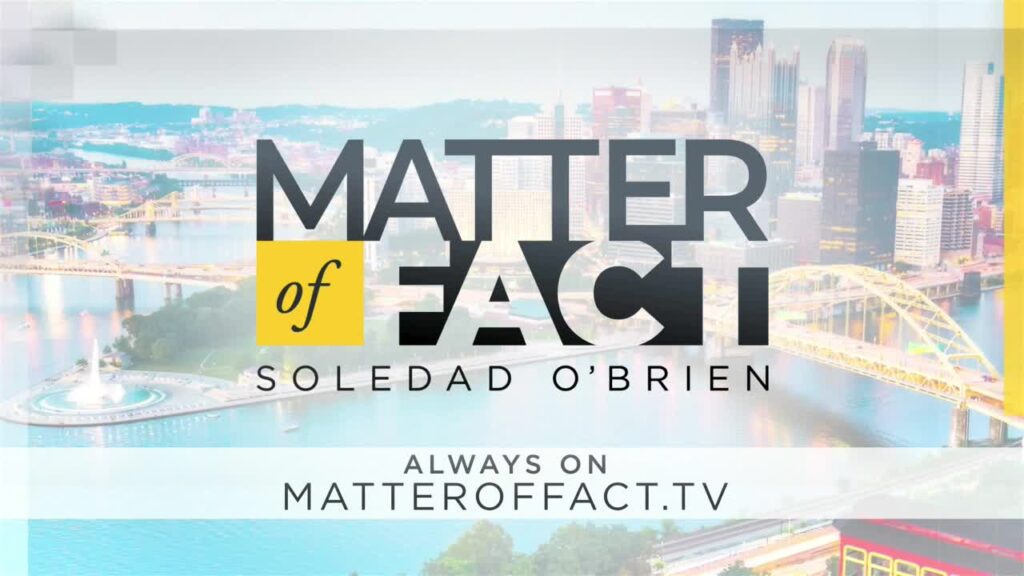
APRIL 22, 2023
April 23, 2023APRIL 22, 2023
April 23, 2023
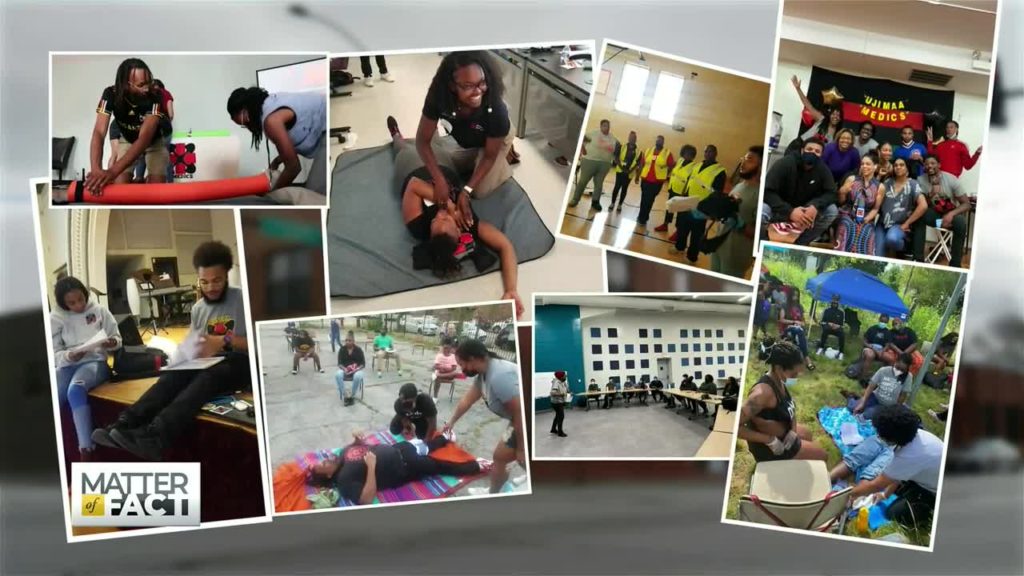
Chicago Community Group Trains Residents to Help Victims of Gun Violence
January 15, 2023Chicago Community Group Trains Residents to Help Victims of Gun Violence
January 15, 2023
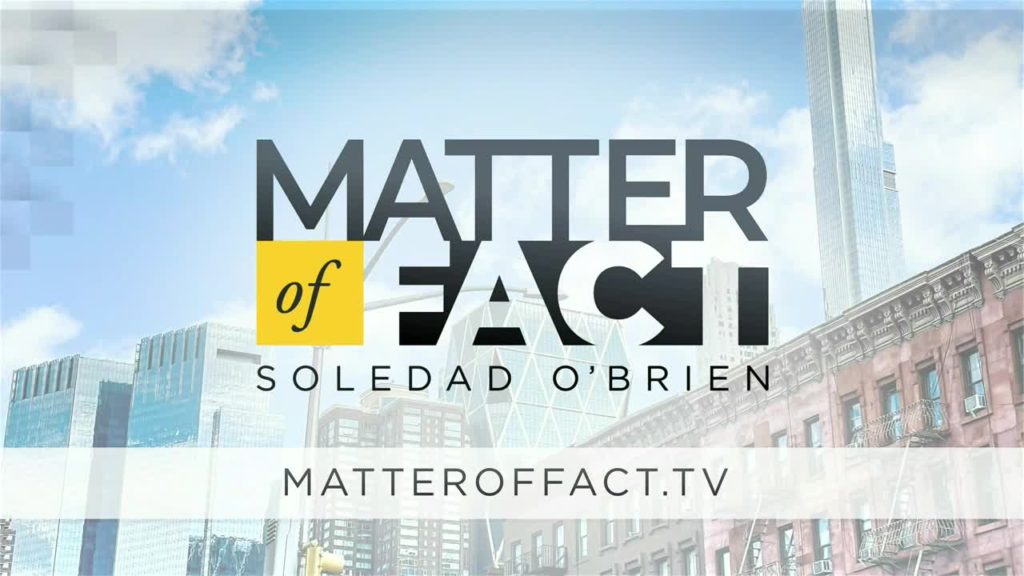
January 14, 2023
January 15, 2023January 14, 2023
January 15, 2023

Medical Schools Scramble to Accommodate Influx of Applicants from States Enacting Abortion Bans
January 8, 2023Medical Schools Scramble to Accommodate Influx of Applicants from States Enacting Abortion Bans
January 8, 2023
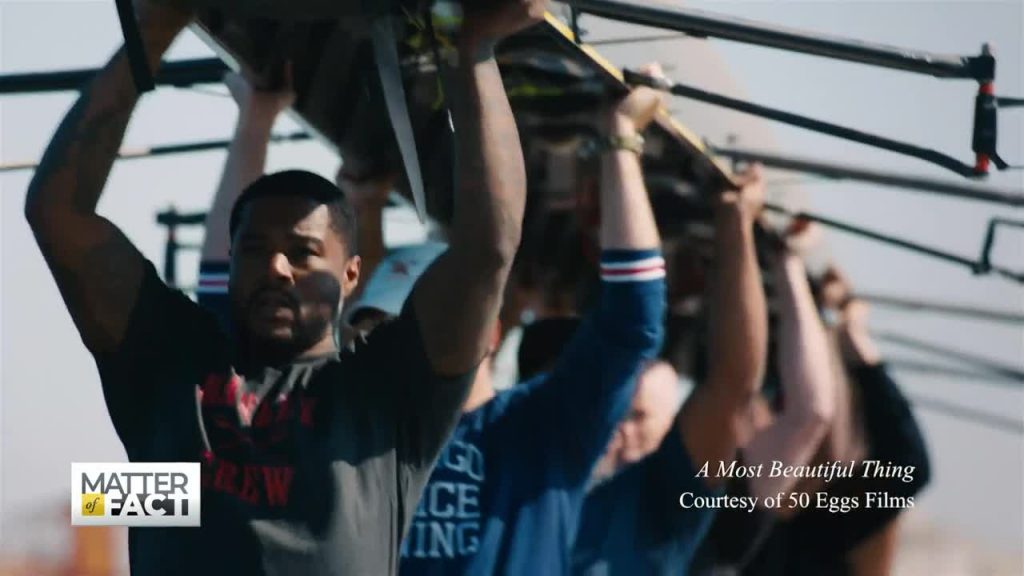
An Unlikely Bond Between Chicago Teens from Rival Neighborhoods
November 29, 2020An Unlikely Bond Between Chicago Teens from Rival Neighborhoods
November 29, 2020
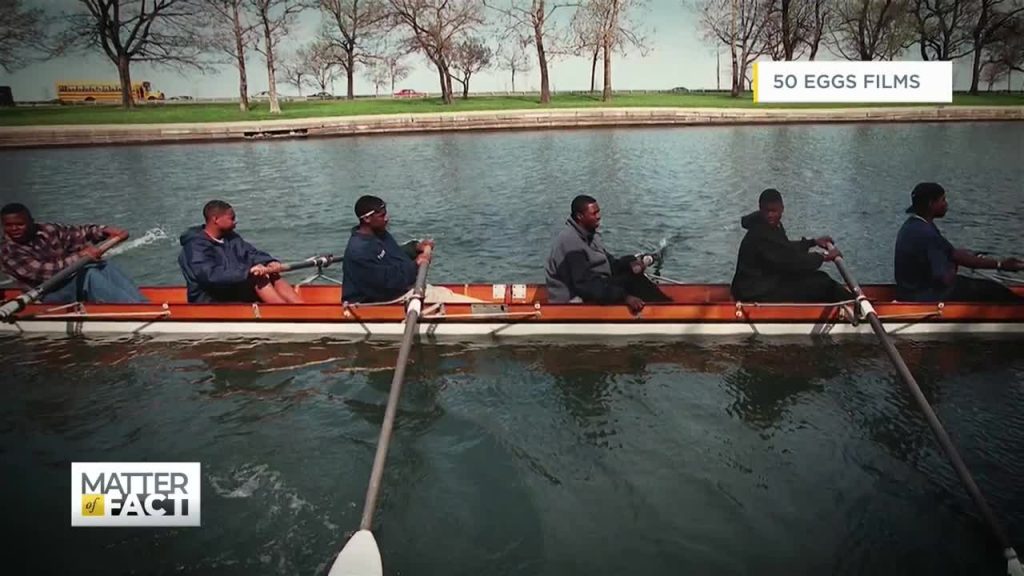
Preview of “A Most Beautiful Thing”: An Unlikely Bond Between Chicago Teens from Rival Neighborhoods
July 19, 2020Preview of “A Most Beautiful Thing”: An Unlikely Bond Between Chicago Teens from Rival Neighborhoods
July 19, 2020
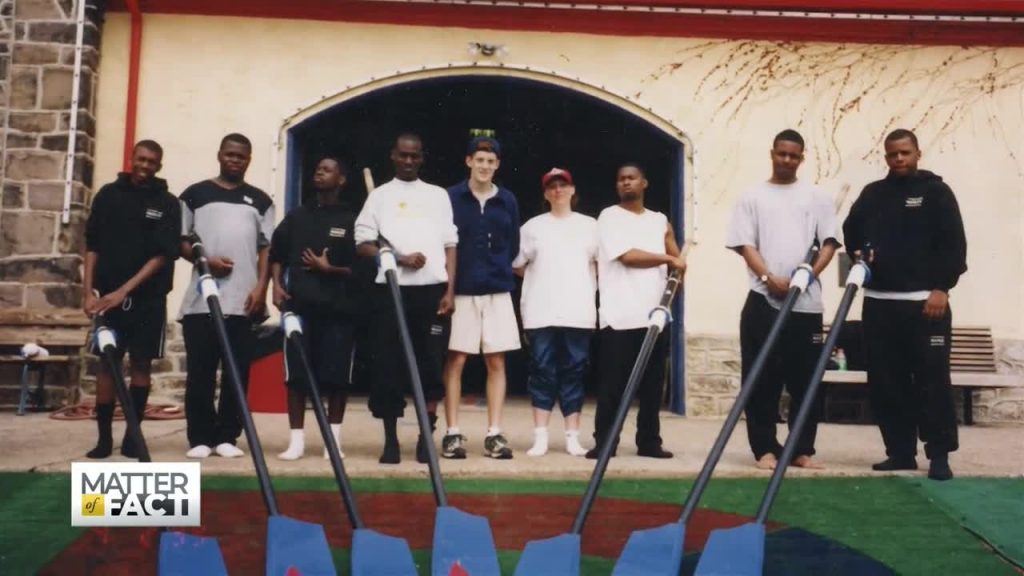
Full Interview on “A Most Beautiful Thing”
July 19, 2020Full Interview on “A Most Beautiful Thing”
July 19, 2020

October 26, 2019
November 2, 2019October 26, 2019
November 2, 2019